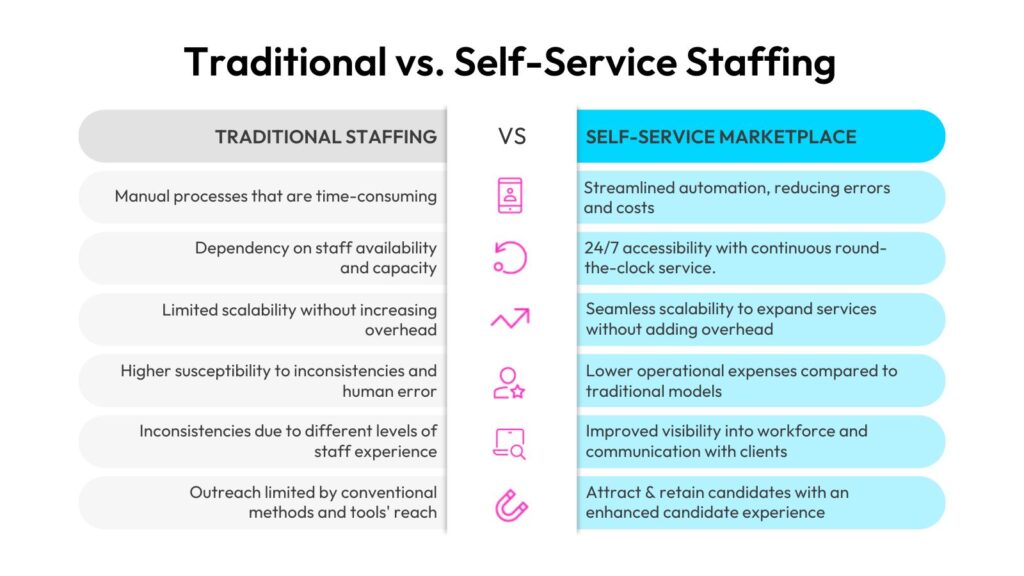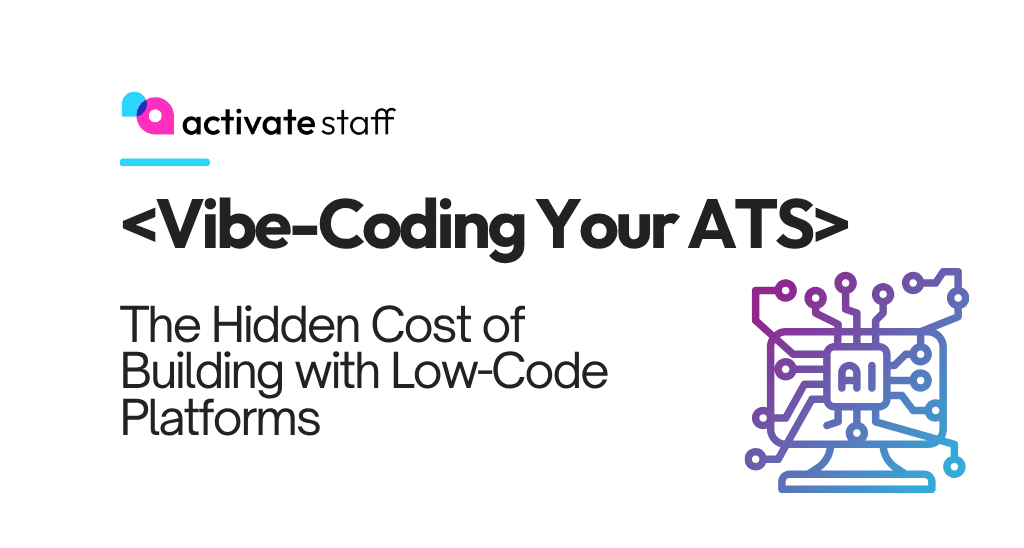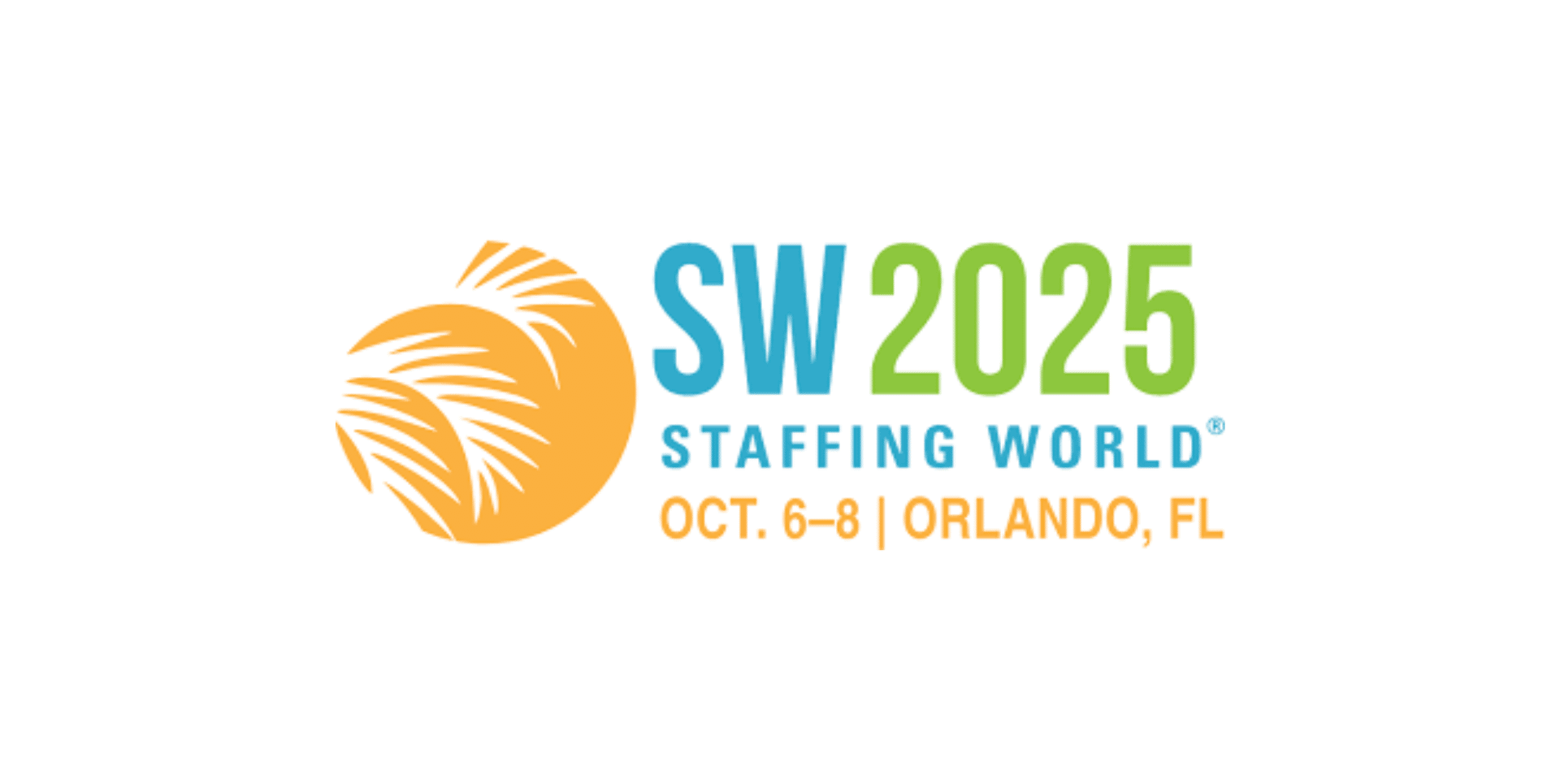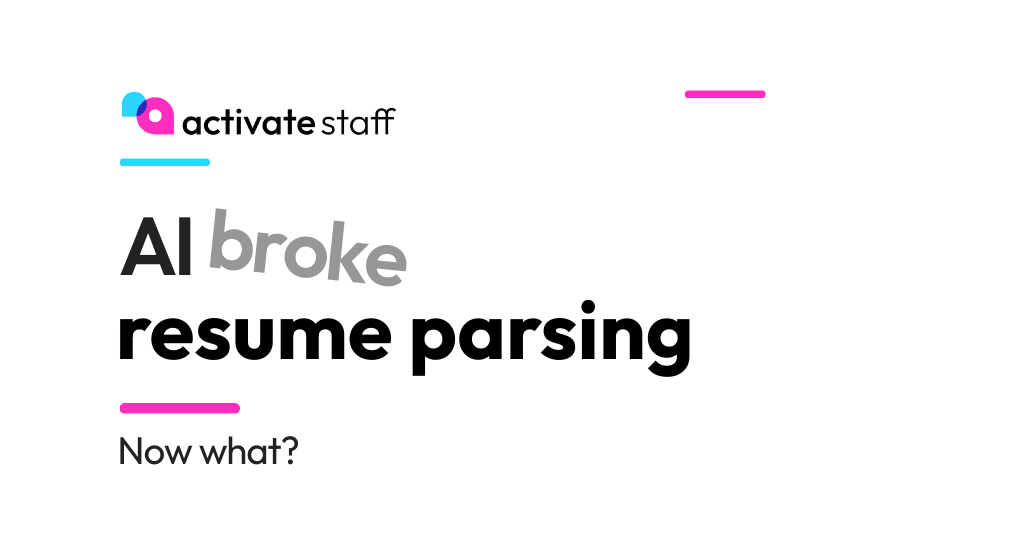In 2024, there are two approaches to staffing that dominate the industry: Mobile talent marketplace and traditional staffing agencies. Each approach offers different advantages, catering to different needs and preferences. In this blog, we break down the foundations of each model and explore why agencies with a mobile strategy, powered by staffing platform technology, are increasingly becoming the preferred choice.
Since 2019, the revenue generated by temporary staffing platforms has seen an impressive annual growth rate of 73%, highlighting their rapidly increasing adoption and success.

Traditional Staffing
What is Traditional Staffing?
How Traditional Staffing Works:
Pros of Traditional Staffing:
Cons of Traditional Staffing:
Time-Consuming: Manual processes and physical meetings slow down the hiring process.
Higher Costs: Maintaining physical offices and adding additional recruiters to manage talent increases operational expenses.
Mobile Self-Service Talent Marketplace
What is a Mobile Talent Marketplace?
Self-service talent marketplace is powered by staffing platforms that connect temporary workers with open shifts or placements through a mobile app. This type of staffing leverages automation and self-service options to streamline the process, enabling agencies to connect qualified candidates directly with clients and broadcast job opportunities immediately when they become available.
How a Mobile Talent Marketplace Work:
Candidate Sourcing: The platform attracts candidates through digital marketing through search engine optimization (SEO) and app store optimization (ASO). Apps are commonly searched for by candidates as a part of their staffing agency criteria because they empower them to manage their own schedules.
Automated Matching & AI: Advanced algorithms and artificial intelligence (AI) machine learning match candidates to job openings based on their skills, experience, and preferences.
Digital Interaction: Communication between recruiters and candidates happens through the app, enabling quick and efficient exchanges without having to play phone tag. Candidates can receive and upload any documentation through the app, upload their credentials and even be notified of the expiry.
Real-Time Updates: Both recruiters and candidates receive instant notifications about job openings, application statuses, and other critical updates.
NOTE: Some staffing platforms supply a client portal (such as ActivateStaff). These portals can give clients the visibility to oversee their workers and jobs, communicate directly with candidates and input new job requisitions, depending on permissions given by the staffing agency.
Pros of Mobile Talent Marketplaces:
Efficiency: Automation tools reduce the time and effort required for candidate sourcing and matching.
Cost-Effective: Staffing agencies can scale without increasing overhead and can even choose to lower costs due to reduced need for administrative staff.
Data-Driven Decisions: Analytics provide valuable insights to optimize business strategies.
Omnichannel Interactions: Recruiters and candidates can choose what types of interactions they have, either communicating directly through the app, SMS text message, email, by phone, in person, or all of the above.
Why Traditional Staffing Agencies are Transitioning to Mobile Talent Marketplaces
Applicant Tracking Software (ATS) vs. Staffing Platform
While many traditional staffing agencies use Applicant Tracking Software (ATS) to streamline their recruitment processes, this type of technology has its limitations. An ATS helps manage job postings, resumes, and track candidate progress, but it lacks a lot of the functionality offered by staffing platforms.
Staffing platforms go beyond the capabilities of an ATS by automating the entire staffing process from end-to end, through to redeployment. They also provide real-time updates and analytics. These platforms offer a seamless, user-friendly experience for both recruiters, candidates, and staffing agency clients, reducing time-to-fill rates and enhancing overall efficiency.
As the industry continues to evolve, traditional ATS software may become completely outdated. By embracing staffing platforms, agencies can stay ahead of the curve, delivering better service and achieving greater success in the competitive staffing market.
Mobile self-service talent marketplaces powered by staffing platform technology are a more efficient, cost-effective, and scalable solution for the ever-fluxing staffing demands we’ve been seeing in 2024.
If you’re ready to explore how a staffing platform can transform your business, book a demo to see how.













